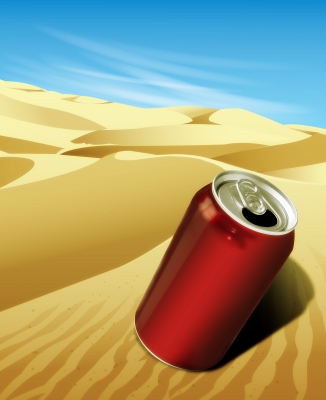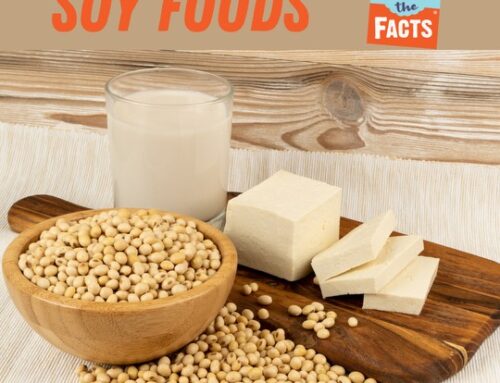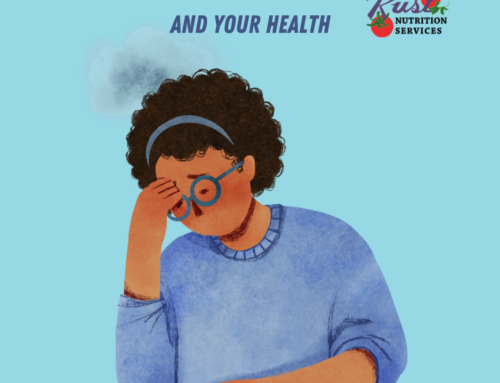As much as I try to steer clear of talking about sugar, I find I can’t get away from it. It’s constantly in the news. It’s been a major topic of discussion at the Dietary Guidelines for Americans roundtable.
Sugar continues to be a hot button topic in the nutrition and diet world. In addition to writing consumer books about heart health and weight loss, some of my work is in “the sugar arena”. I’ll be speaking about sweeteners and diet quality at an upcoming conference (and I’m expecting to see a few sugar-bashers in the audience). I also continue to provide my perspective about sugar (fructose in particular) to the Calorie Control Council, as they continue to clear up information about both caloric and non-caloric sweeteners.
From nationally promoted “sugar-free challenges” to the demonization of soft drinks, to the “no cupcakes allowed” rules at elementary schools – sugar is portrayed as the root of all evil. And it seems to be a no-win situation.
If you consume too much sugar or sugary drinks, you are also chastised if you switch to a diet (sugar-free) drink. Let’s say you reduce, by half, the sugar you put on your oatmeal in the morning – you’re still chastised for adding any sugar. When the American Beverage Association partners up with the Alliance for a Healthier Generation to reduce soda calories, they are still bashed, and their effort is written off as a PR ploy.
What gives?
Some of my fellow communications colleagues and I are either publicly or privately questioned on occasion because we consult for companies that manufacture sweeteners. “How can a nutritionist or dietitian be promoting sugar?” Well, as my Twitter handle states: “I have a sweet tooth but I don’t sugarcoat.”
The reality is that people are not going to just exist on plants, and they are going to want to drink something besides water sometimes.
I am passionate about getting factual, sensible messages out to the public about sweeteners because it’s natural to enjoy sweetness! Sweeteners are part of many people’s diets, and that’s okay.
Secondly, I am a dietitian, and my major focus in on health (I support the DASH Diet and I push messages about adding more vegetables and healthy fats to your diet as often as I say a little bit of sugar is ok). I would hope that other health professionals or advocates are also aware of how different people eat very differently. My profession focuses on health and disease, but it is also is focused around food and behavior. And, while I’m a dietitian who does her best to eat a healthy balanced diet, I still consume (knowingly and willingly) some added sugar.
People eat food. People celebrate life’s occasions with food. And drink. I’m even allowing my 17 year old son to brew his own sugary root beer! Why? (besides the fact that we are coolest parents in the world) – because he’s interested in the science of root beer making. What a great project to experiment with!
Imagine if I were to squelch his interest in this project by saying “Oh honey, no, you can’t do that, because fructose is toxic”?
Will the obsession over sugar define it as so taboo that it only becomes more alluring?
There is no one guideline on how much sugar you should consume, but there are guidelines. Still, no matter the guideline, everyone’s dietary needs are different. A triathlete’s needs are not the same as a 70 year old woman’s, or a 4 year old’s, or a 50 year old sedentary man with diabetes. The idea that sugar can’t coexist in a diet with healthy plants, grains, healthy fats, and lean protein, is unrealistic.
FACT: Sugar is a pleasure. It is not a need. There are no nutrients in it at all (including honey – negligible). It will not help your child grow. It will promote tooth decay (brush 3 times a day). It is what we call an “empty calorie”. Yet there is no research to prove that including a moderate intake of sugar causes poor diet quality.
FACT: We need to include more plants in a healthy diet. Taking a good look at what is missing from your diet can have far more benefit than the sugar you’re consuming. Let’s start focusing on that, because it’s easy to consume sugar, it’s much more difficult to consume vegetables (they generally require prep and cooking). Finding easier ways to do so, and placing more value in that effort, is key.
As a nutrition communication consultant I occasionally write about topics related to the food industry clients I may serve, but my thoughts and opinions are my own.






Hello Rosanne,
I most certainly agree with the fact that life is all about balance. I don’t think it is possible to completely eliminate something out of your diet–especially something as good and sweet as sugar! It is an extremely hot topic in the public, particularly with the rise in the use of artificial sweeteners as substitutes in our foods and drinks. Your advice on cutting back on sugar and not necessarily fully getting rid of it all the while increasing fruit and vegetable intake is sound and reasonable. Thank You!